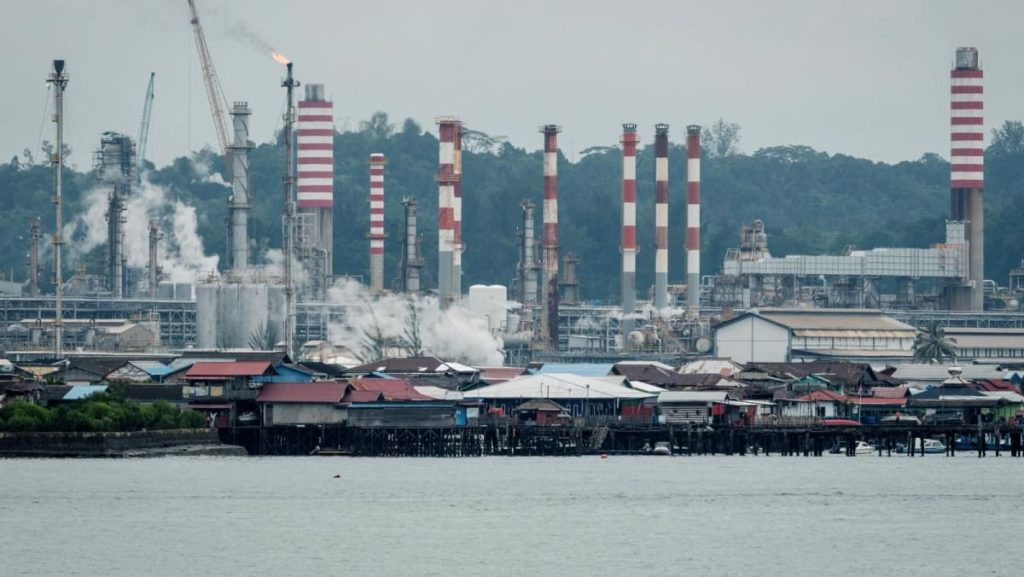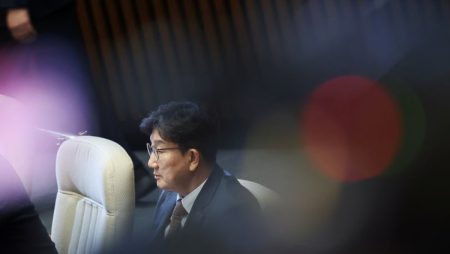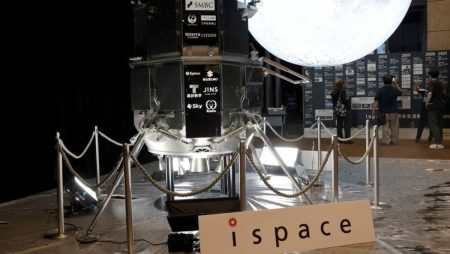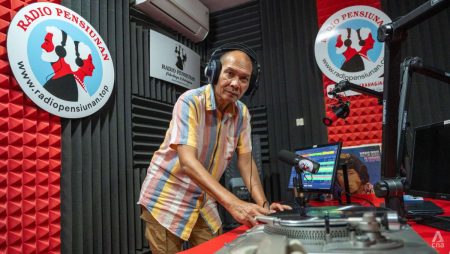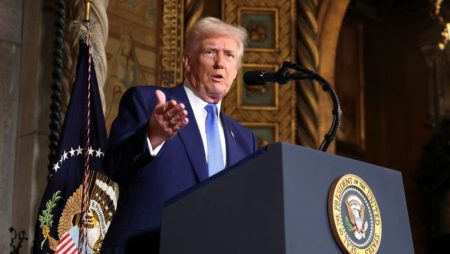Indonesia is embarking on a strategic initiative to bolster its energy security and reduce its reliance on volatile global oil markets. The cornerstone of this effort is the construction of a large-scale oil storage facility on an island near Singapore. This facility, envisioned by President Prabowo’s administration, is designed to hold a 30-40 day supply of various types of oil, providing a crucial buffer against supply disruptions and price fluctuations. The move is particularly significant given the ongoing geopolitical uncertainties, including the conflicts in Gaza and Ukraine, which have impacted global energy supply chains. By purchasing oil in bulk and storing it domestically, Indonesia aims to mitigate the risks associated with relying on international markets and strengthen its energy sovereignty.
The planned storage facility represents a significant shift in Indonesia’s energy strategy. Currently, the country relies heavily on imports, with Singapore being its primary source. This dependence, despite Singapore lacking its own oil reserves, has been a point of concern for Indonesian officials. The new facility will not only enhance Indonesia’s energy resilience but also reduce its dependence on Singaporean refineries. This initiative aligns with President Prabowo’s overarching goal of achieving energy self-sufficiency and reducing the country’s vulnerability to external shocks. By storing its own strategic reserves, Indonesia can better control its energy destiny and ensure a stable supply for its domestic needs.
Experts have welcomed the move, highlighting the importance of strategic buffer reserves for a major oil importer like Indonesia. These reserves are distinct from operational reserves and are specifically designed to provide a cushion during times of crisis or supply disruptions. This added layer of security is seen as crucial for maintaining stability in the face of geopolitical uncertainties and potential market volatility. The facility’s location near Singapore, while not explicitly disclosed, is strategically significant, given Singapore’s role as a major oil trading hub. This proximity could potentially offer logistical advantages and facilitate access to diverse oil sources.
Beyond the storage facility, Indonesia is pursuing a multi-pronged approach to enhance its energy security. President Prabowo has emphasized the need to revive domestic oil and gas production, which has been declining for over a decade. This involves reducing regulations, reactivating idle wells, and encouraging new investment in the sector. The government is also exploring the potential of massive gas discoveries in the Bay of Bengal’s South Andaman and promoting the use of biofuels. These initiatives reflect a broader effort to diversify energy sources and reduce reliance on imported oil.
A key aspect of this revitalization plan involves addressing the issue of inactive oil fields. Indonesia has a significant number of oil fields that are not currently producing, and the government is taking steps to reactivate these resources. This includes revoking licenses from companies that are not utilizing their allocated fields and offering them to operators capable of boosting production. This decisive action underscores the government’s commitment to maximizing domestic oil output and reducing reliance on costly imports. By bringing these idle fields back online, Indonesia aims to reverse the declining production trend and move closer to its self-sufficiency goals.
The urgency of these measures is underscored by Indonesia’s current energy landscape. The country’s oil production has fallen significantly from its peak in the 1990s, while consumption has more than doubled. This imbalance has led to a substantial increase in oil and fuel imports, placing a strain on the national economy and contributing to currency fluctuations. The reliance on foreign oil also exposes Indonesia to the vagaries of the global market, making it vulnerable to price spikes and supply disruptions. By investing in domestic production and storage capacity, Indonesia aims to address these challenges and secure a more stable and sustainable energy future. The current administration views energy self-sufficiency as a matter of national security and economic stability, and these initiatives are crucial steps towards achieving that goal.




